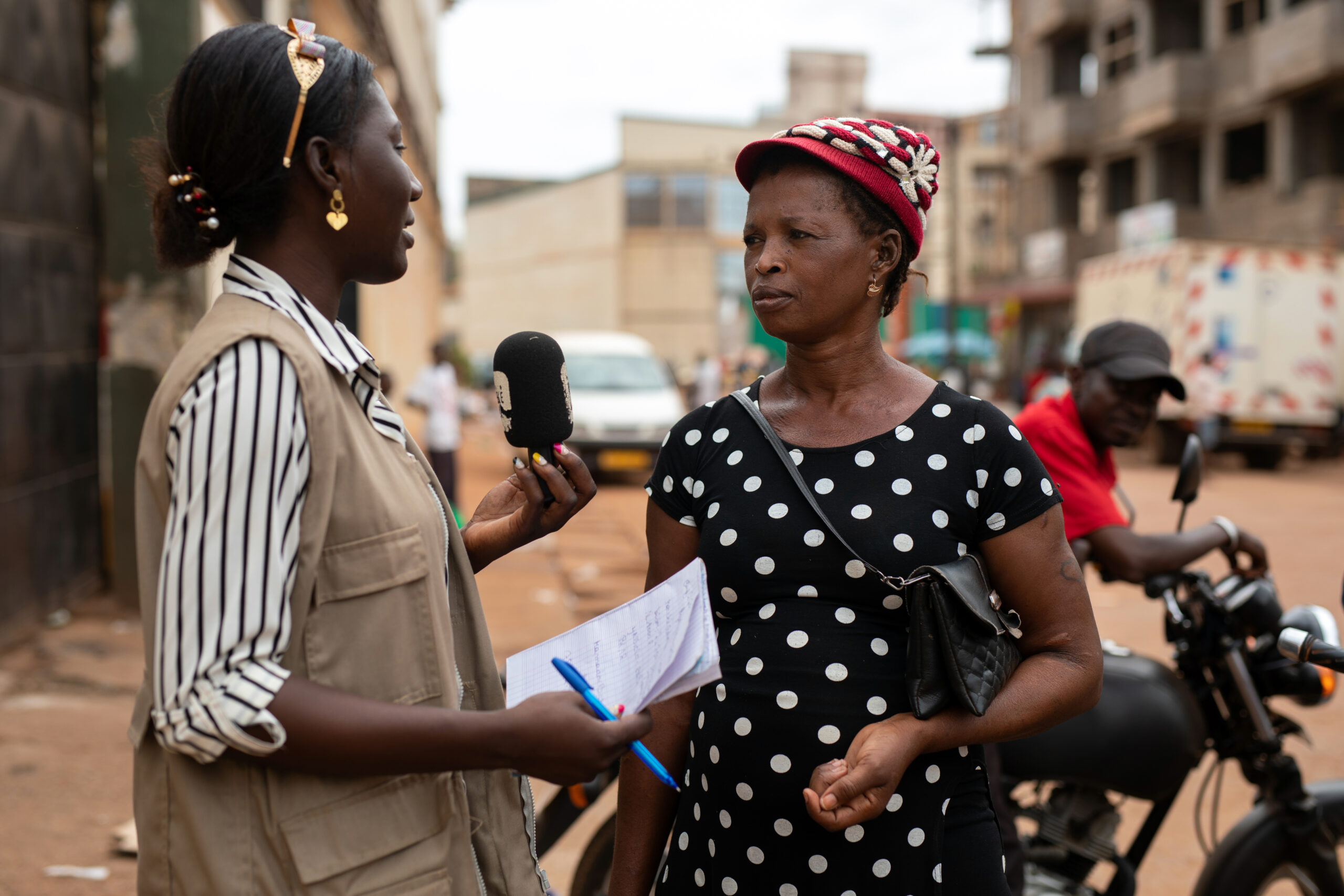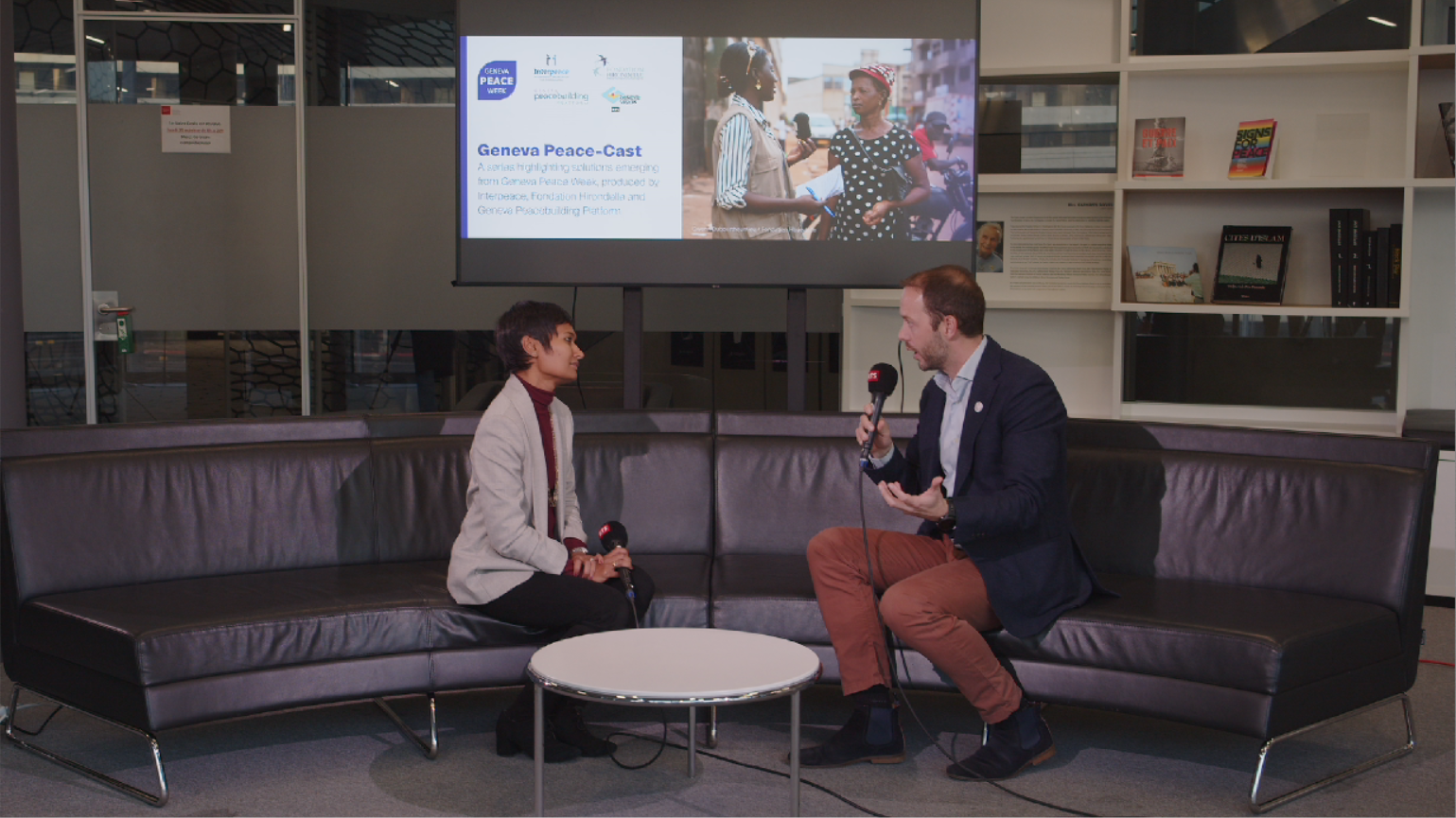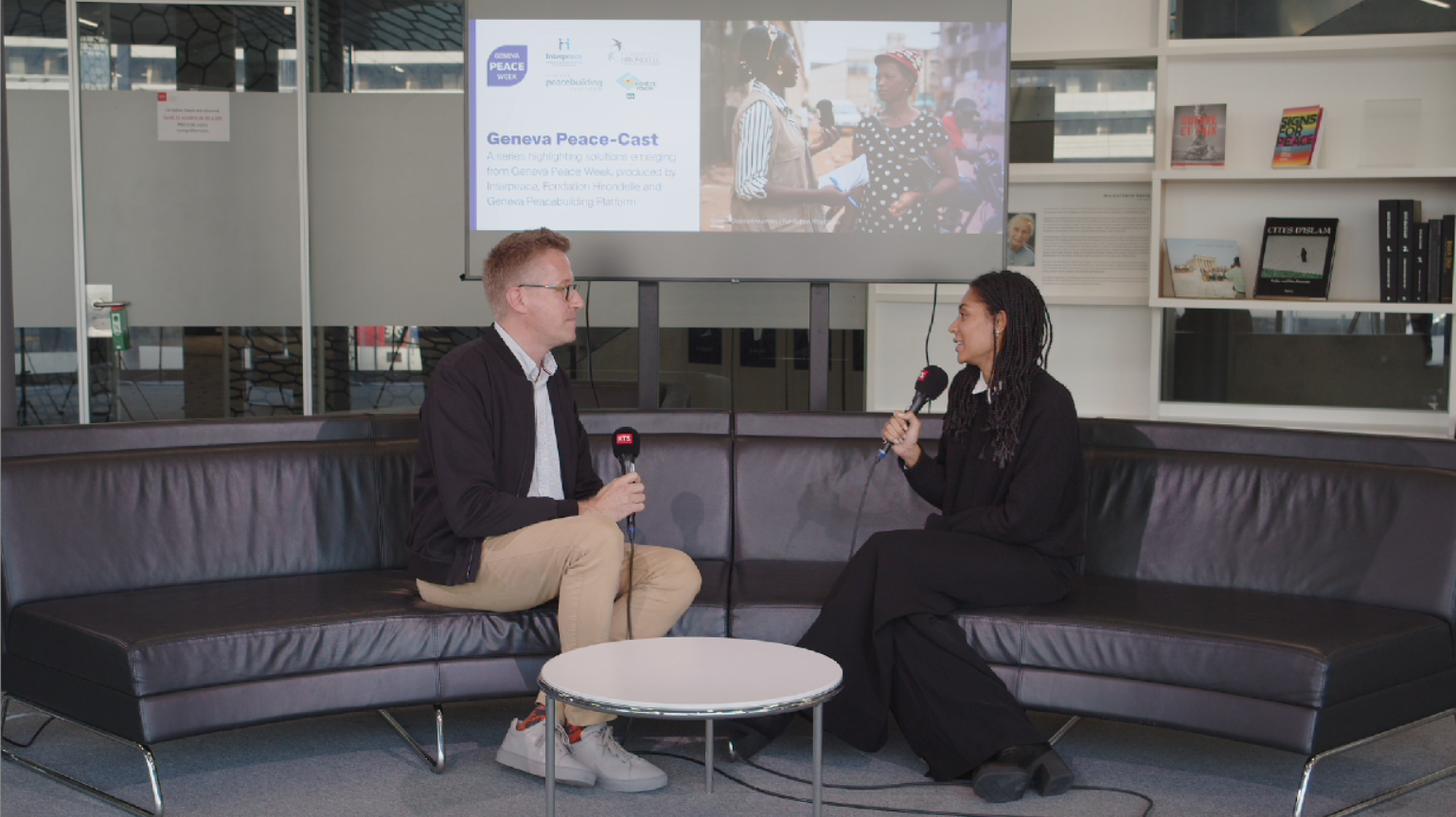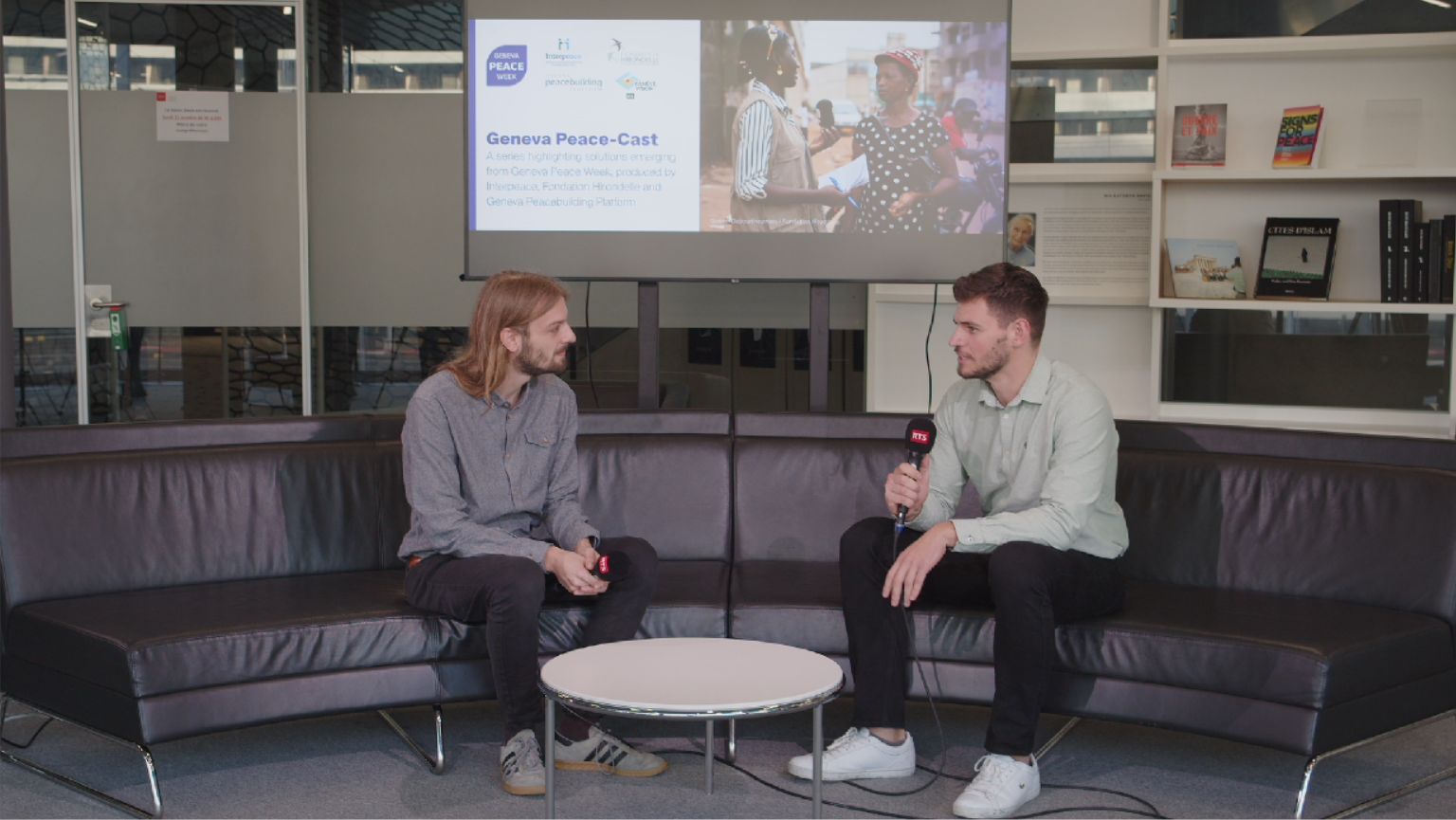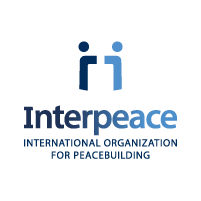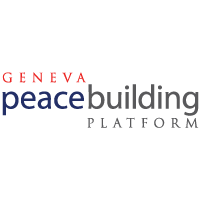Conflict, violence and growing needs require more sustainable solutions and a shift in the way the aid system currently operates. Peace actors cannot address the underlying drivers of conflict and crises alone. The question remains how the different actors operating in complex, protracted conflict-affected settings cannot only deliver their interventions more effective and sustainable, and according to their different mandates, but also at the same time make intentional and tangible contributions to building and sustaining peace? This interactive workshop will explore practical ways in which humanitarian, development and multi-mandated actors, such as the WHO, FAO, ILO and others, are enhancing the peace responsiveness of their programming. A short panel discussion will kick off the session and set the scene. Co-organizers will share experiences, challenges and lessons learned in embedding and mainstreaming peace responsive approaches within their organizations. Through participatory group discussion co-organizers will engage and reflect with participants on the opportunities and challenges of bridging the gap between humanitarian, development, and peace action. It will include the required shift that need to happen in operational modalities, institutional and individual cultures, mindsets and behaviors, as well as how aid system is financed. We encourage participants to reflect beforehand to bring innovative ideas of addressing these opportunities , and identify successes and opportunities.







